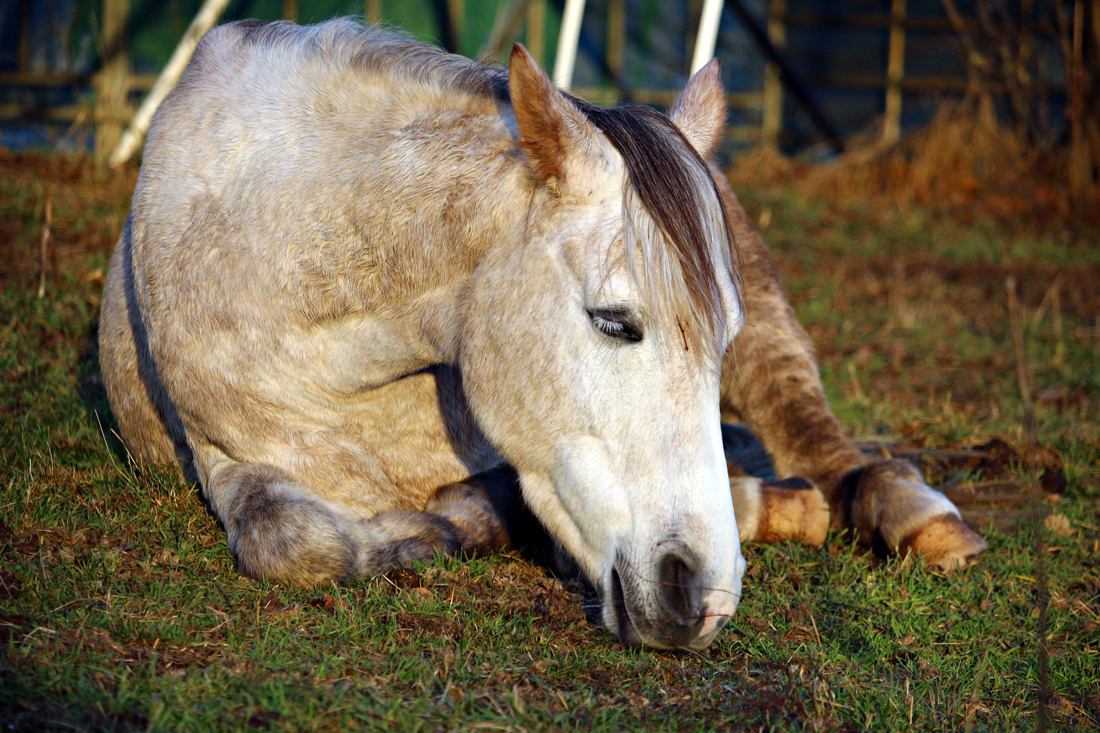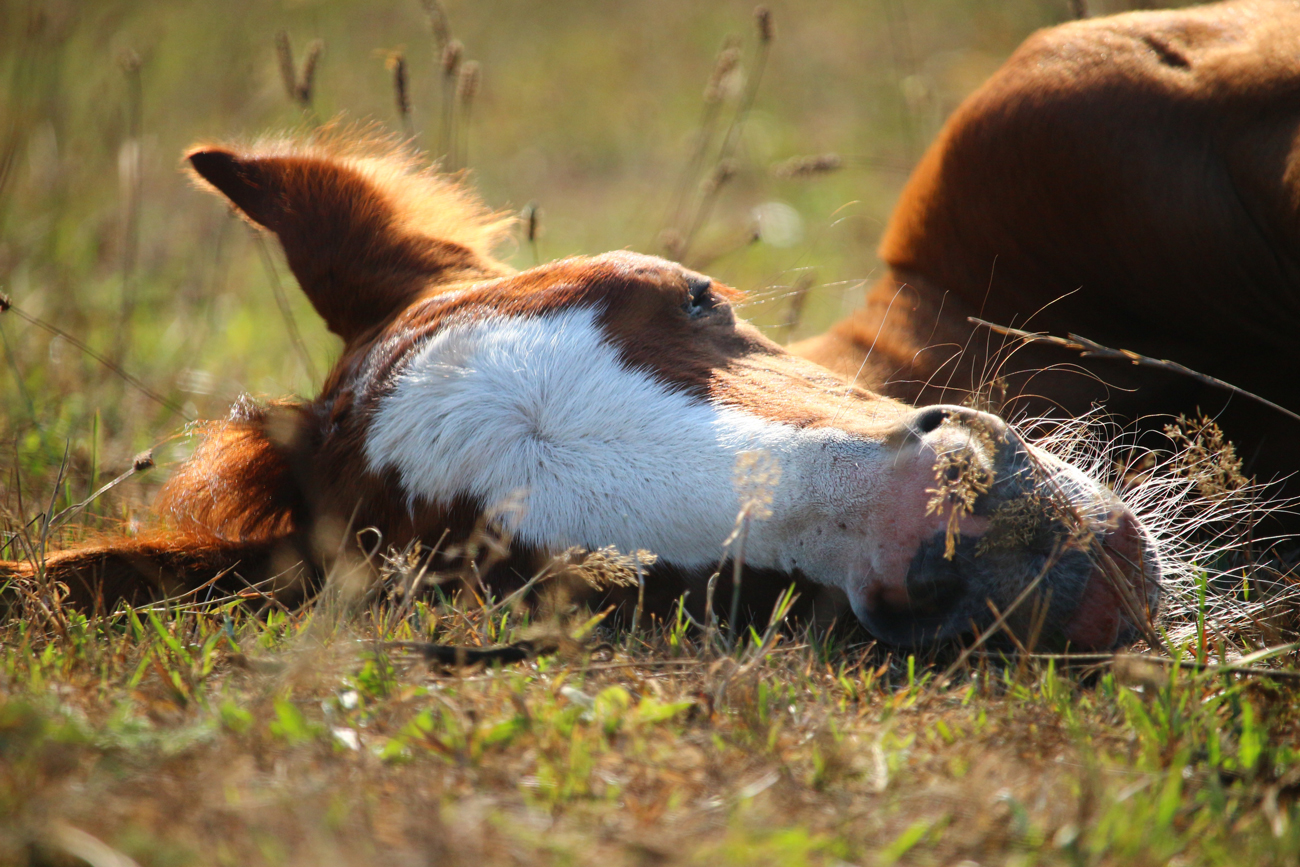Owning a horse often brings lots of pleasure, but it’s not always the joyful experience you want it to be – not least when your horse has an accident or falls ill.
In those moments, it’s down to you as the horse’s custodian to respond accordingly to ensure that your animal doesn’t suffer unnecessarily or lose its life when it could’ve been saved.
A horse’s innate flight-or-fight response means it has the potential to get itself into all sorts of potentially life-threatening situations.
That’s why responsible owners need to make sure they have the right horse insurance in place to cover treatment costs in these circumstances.
Having a little know-how of the signs to look for and the best course of action based on the symptoms presented to you could go a long way to preserving your horse’s health in case of an emergency.
Acting quickly can also keep veterinary bills down and keep the cost of renewing your horse insurance as low as possible.
The key is to be observant and listen to your instincts – if you suspect something is wrong with your horse, make sure you carry out a thorough inspection, calling on a vet when you’re unsure.
Let’s look at some of the most common horse emergencies and what you should do in each of the situations.
Colic
Colic is one of the most common horse emergencies but recognising it can be tricky.
Sometimes it will be obvious that your horse is in pain. But more often than not, symptoms can be subtle, so it’s important you’re tuned into your horse’s temperament and act promptly – if you notice a change, seek advice from the vet.
If there’s nothing visibly wrong with your horse, your first thought should be colic. If you suspect an episode of colic, you should remain calm and document the horse’s behaviour and vital signs so you can track any changes in condition.
Things to keep in mind when dealing with colic:
- Have you recently changed your horse’s regular diet or exercise routines? Have they had any new vaccinations?
- Take away all hay and feed from your horse temporarily, as additional feed can worsen the condition.
- Look for the warning signs of grinding teeth, sweating, strange postures and rolling around.
- If your horse can stand it, walk them around slowly to try to ease the pain but don’t walk a horse that’s lying and throwing themselves on the floor.
- Wait until you’ve spoken to the vet before administering any medication.

Severe bleeding
Nobody wants to see the sight of blood on their horse – but it’s important you keep your cool and act swiftly. The quicker you act to treat a wound, the better chance your horse makes a full recovery.
If it’s a particularly nasty wound, horses can lose quite a bit of blood. But try not to be too alarmed should this happen – while it doesn’t look good, a horse can lose a fair amount of blood and not bleed out, providing they are given the right treatment.
According to Equimed, the average horse has over 12 gallons (96 pints or 54.5 litres) of blood, and can lose over a quarter of this before going into a state of shock.
Applying pressure to the wound should mean that the blood eventually clots. However, if blood is pumping out of a large wound, call the vet as soon as you can.
Things to keep in mind when dealing with a wound:
- If blood is spurting it indicates that an artery could have been severed – take immediate action to stop the flow.
- If dark blood is seeping through the skin it indicates that the bleeding is venous and not immediately life-threatening.
- Keep your horse as calm as possible and limit the number of people around them.
- Apply a secure bandage to the wound, keeping it under constant pressure.
- If the area is too large to be bandaged, place a clean pad made from gauze or other clean fabric onto the wound.
- If blood is squirting, a tourniquet should be fashioned and applied. Loosen it every 15 to 30 minutes for 5 minutes to get some blood flow back into the limb.
- If you can’t stem the blood or the wound is too deep or near a vital organ, call the vet immediately.
Shock
Horses can go into a state of shock for a number of reasons. It happens when there is not enough blood flow to carry the required oxygen around the body.
Equine shock is a very serious condition and, as Horse and Hound points out, can be triggered by a loss of blood, dehydration, colic, bee stings, snake bites or any major injury associated with fear.
Symptoms of equine shock range from rapid breathing and shivering to a weak pulse. Also check if your horse’s mucus membranes are pale or turning blue.
If you suspect shock, you should offer fresh clean water to try to avoid dehydration and keep them warm with blankets – but be careful they don’t overheat.
Contact the vet immediately as shock can be life-threatening and requires professional attention.

App to help in emergencies
Equestrian lovers in the UK have been raving about an app that could save the life of you or your horse in a riding emergency.
The free location app, what3words, pinpoints your exact position, helping rescue services to locate you as quickly as possible.
It does this by splitting the world into 3-metre squares and giving each square its own unique three-word combination. It works online or offline and can be as accurate as GPS coordinates.
It’s free to download on iOS and Android and is available in more than 40 languages. Download it today and make your next hack a safer one!
Cover the cost of emergency care with horse insurance
For all these emergencies, getting a vet’s opinion is often essential, so it’s important you have adequate horse insurance.
Equesure’s team specialise in equine insurance and have over 60 years of combined equestrian knowledge to help create a bespoke plan tailored to your requirements, for you, your horse and your transport.
Insurance arranged through Equesure can provide you with a range of benefits including:
- Vet fees up to £7,500 per incident including colic surgery
- An additional discount for insuring more than one horse
- Saddlery and tack cover
Call our dedicated team now on 01480 220089 to discuss your requirements.





